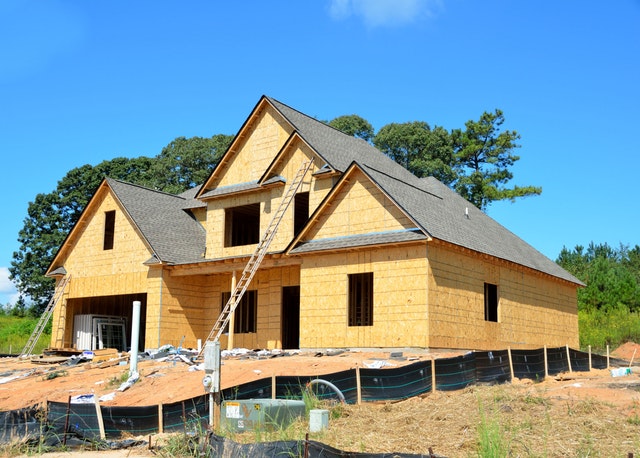What’s Ahead For Mortgage Rates This Week – May 8, 2023
 Last week’s economic news included reporting on construction spending, the Federal Reserve’s decision to raise its benchmark interest rate, and weekly readings on mortgage rates and jobless claims.
Last week’s economic news included reporting on construction spending, the Federal Reserve’s decision to raise its benchmark interest rate, and weekly readings on mortgage rates and jobless claims.
Construction Spending Increases in March
The Commerce Department reported that month-to-month construction spending rose by 0.30 percent and year-over-year construction spending increased by $1.83 trillion. Residential construction fell by -0.20 percent in March, which was the tenth consecutive monthly decline in residential construction spending. Non-residential construction spending rose by 0.70 percent in March for the ninth gain in the past 10 months.
Fed Raises Key Interest Rate Range
Federal Reserve policymakers raised the Fed’s key interest rate range by a quarter point to 5.00-5.25 percent at its Federal Open Market Committee meeting held on Tuesday and Wednesday. This was the tenth consecutive rate hike as the Fed continues efforts to control inflation.
Analysts noticed a subtle change in the tone of the Fed’s post-meeting statement and suggested that the less aggressive tone used in the post-meeting statement signaled a softer approach to raising the Fed’s benchmark rate. While some Fed policymakers recently suggested the possibility of a recession, Fed Chair Jerome Powell disagreed: “This is not my own most likely case.” Chair Powell also said that he expected economic growth in 2023 but at a slower pace.
Mortgage Rates Mixed, Jobless Claims Rise
Freddie Mac reported mixed movement of mortgage rates last week as the average rate for 30-year fixed-rate mortgages fell by four basis points to 6.39 percent. The average rate for 15-year fixed-rate mortgages rose by five basis points to 5.76 percent.
Initial jobless claims rose to 242,000 claims filed last week as compared to the prior week’s reading of 229,000 first-time claims filed. Continuing jobless claims fell with 1.81 million claims filed as compared to the prior week’s reading of 1.84 million claims filed.
What’s Ahead
This week’s scheduled economic news includes readings include readings on inflation and consumer sentiment. Weekly readings on mortgage rates and jobless claims will also be published.

 Buying a new home is exciting. Buying a brand new home can be even more so with the realization of being the first owner and possibly being able to choose your own layout and finishes. The prospect of owning new construction is definitely exciting, but it doesn’t come without its own set of questions.
Buying a new home is exciting. Buying a brand new home can be even more so with the realization of being the first owner and possibly being able to choose your own layout and finishes. The prospect of owning new construction is definitely exciting, but it doesn’t come without its own set of questions. The purchase and refinance mortgage processes are similar in many ways, but there are also some important differences. Here is a general overview of how each process typically works:
The purchase and refinance mortgage processes are similar in many ways, but there are also some important differences. Here is a general overview of how each process typically works: